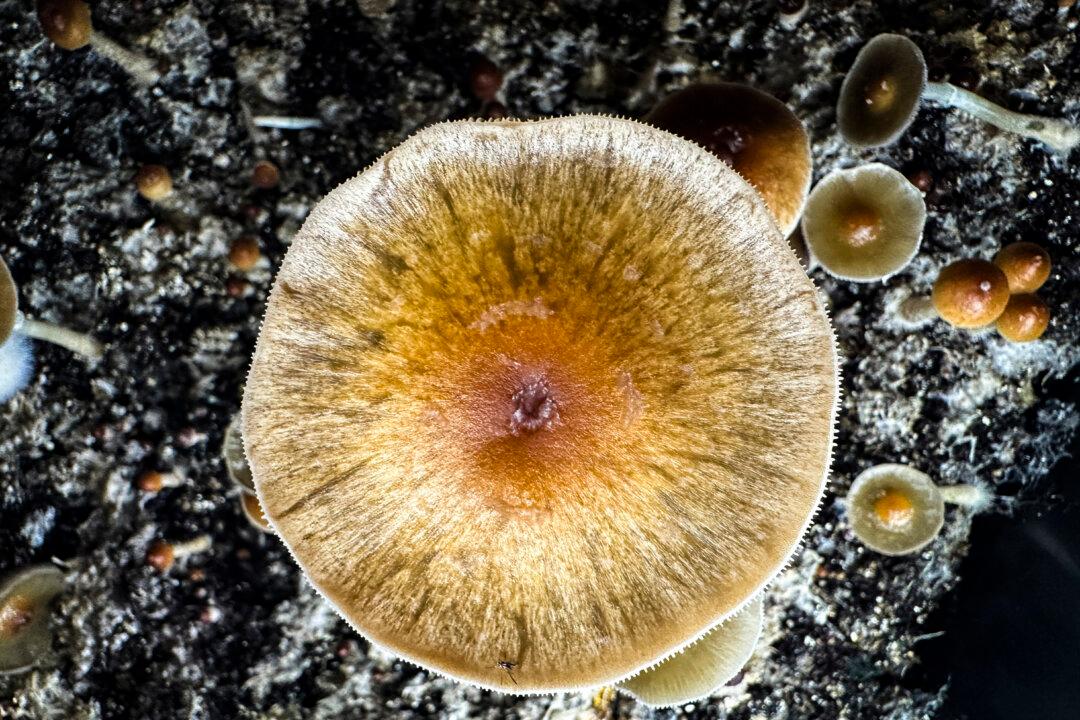Multiple mushroom-infused products, including some made by the same company that recalled its gummies earlier this year, have tested positive for the illegal hallucinogenic substances psilocybin and psilocin, the Centers for Disease Control and Prevention (CDC) said in a July 18 press release.
Researchers at the University of Virginia Health Toxicology Laboratory analyzed six packages of gummies across five brands that were marketed as mushroom-containing “nootropics,” also known as cognitive enhancers, between September 2023 and November 2023, according to the CDC.




